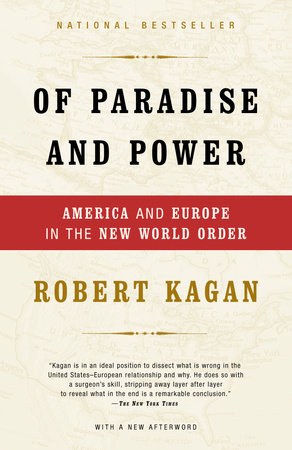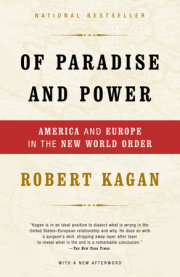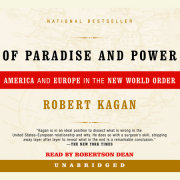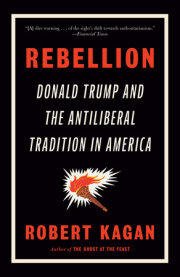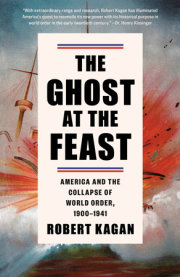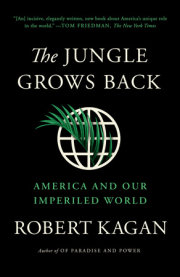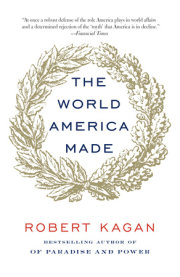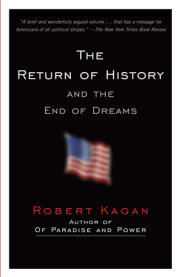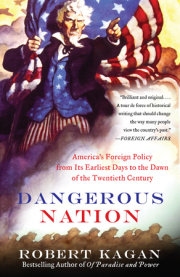It is time to stop pretending that Europeans and Americans share a common view of the world, or even that they occupy the same world. On the all-important question of power—the efficacy of power, the morality of power, the desirability of power—American and European perspectives are diverging. Europe is turning away from power, or to put it a little differently, it is moving beyond power into a self-contained world of laws and rules and transnational negotiation and cooperation. It is entering a post-historical paradise of peace and relative prosperity, the realization of Immanuel Kant’s “perpetual peace.” Meanwhile, the United States remains mired in history, exercising power in an anarchic Hobbesian world where international laws and rules are unreliable, and where true security and the defense and promotion of a liberal order still depend on the possession and use of military might. That is why on major strategic and international questions today, Americans are from Mars and Europeans are from Venus: They agree on little and understand one another less and less. And this state of affairs is not transitory—the product of one American election or one catastrophic event. The reasons for the transatlantic divide are deep, long in development, and likely to endure. When it comes to setting national priorities, determining threats, defining challenges, and fashioning and implementing foreign and defense policies, the United States and Europe have parted ways.
It is easier to see the contrast as an American living in Europe. Europeans are more conscious of the growing differences, perhaps because they fear them more. European intellectuals are nearly unanimous in the conviction that Americans and Europeans no longer share a common “strategic culture.” The European caricature at its most extreme depicts an America dominated by a “culture of death,” its warlike temperament the natural product of a violent society where every man has a gun and the death penalty reigns. But even those who do not make this crude link agree there are profound differences in the way the United States and Europe conduct foreign policy.
The United States, they argue, resorts to force more quickly and, compared with Europe, is less patient with diplomacy. Americans generally see the world divided between good and evil, between friends and enemies, while Europeans see a more complex picture. When confronting real or potential adversaries, Americans generally favor policies of coercion rather than persuasion, emphasizing punitive sanctions over inducements to better behavior, the stick over the carrot. Americans tend to seek finality in international affairs: They want problems solved, threats eliminated. And, of course, Americans increasingly tend toward unilateralism in international affairs. They are less inclined to act through international institutions such as the United Nations, less likely to work cooperatively with other nations to pursue common goals, more skeptical about international law, and more willing to operate outside its strictures when they deem it necessary, or even merely useful.
Europeans insist they approach problems with greater nuance and sophistication. They try to influence others through subtlety and indirection. They are more toler- ant of failure, more patient when solutions don’t come quickly. They generally favor peaceful responses to problems, preferring negotiation, diplomacy, and persuasion to coercion. They are quicker to appeal to international law, international conventions, and international opinion to adjudicate disputes. They try to use commercial and economic ties to bind nations together. They often emphasize process over result, believing that ultimately process can become substance.
Copyright © 2003 by Robert Kagan. All rights reserved. No part of this excerpt may be reproduced or reprinted without permission in writing from the publisher.

